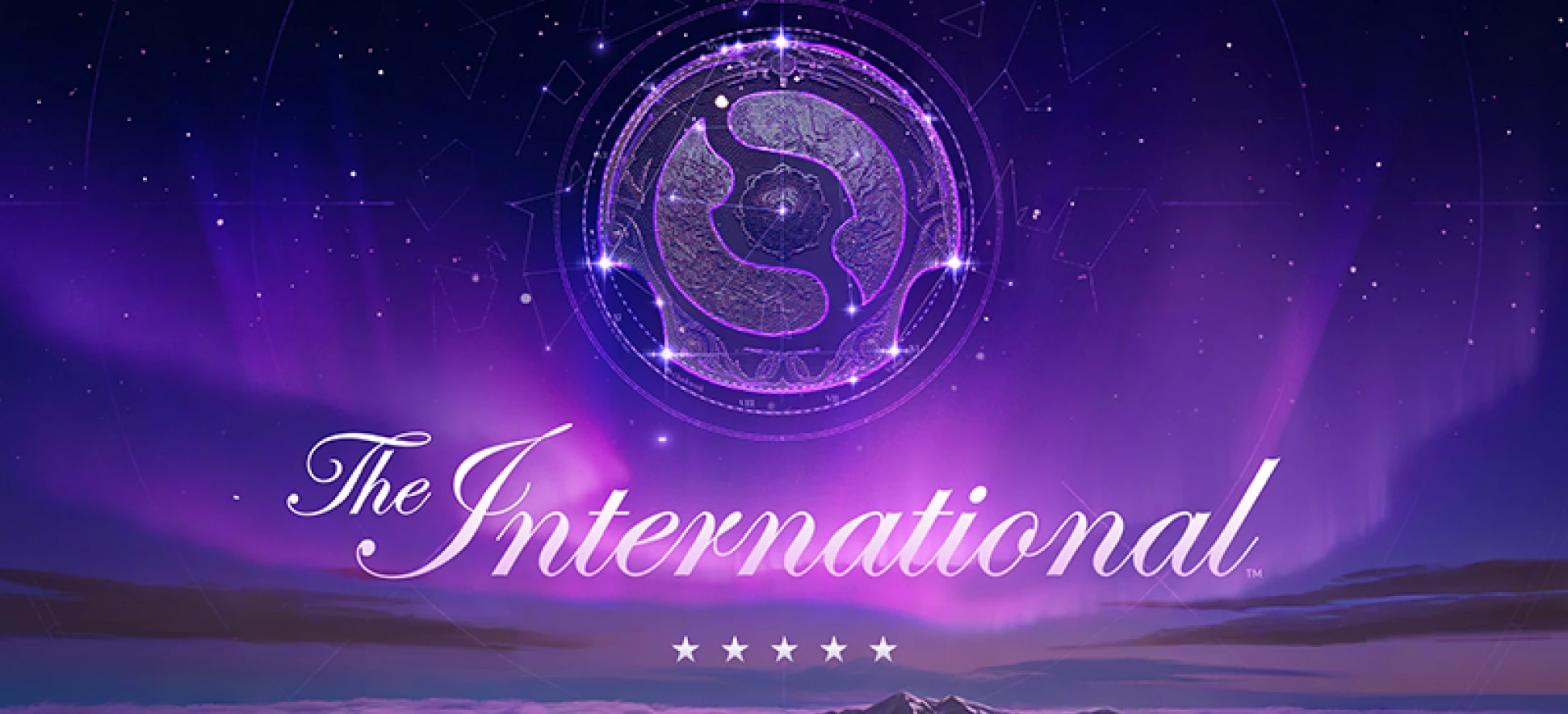As the esports world gears up for The International 2025, Valve has begun to pull back the curtain on critical aspects of the highly anticipated Dota 2 championship. Beyond the grand prize pool and the clash of the world`s best teams, a particularly intriguing detail has emerged: the structure for supporting the event’s broadcast talent, signaling a potentially significant shift in how casters and analysts are compensated in competitive gaming.
Empowering the Voices of Esports
The unveiling of the talent lineup arrived alongside a new in-game feature: Talent Support Bundles. These digital collections, now available within the Dota 2 client, offer fans a direct pathway to back their favorite casters and analysts. This initiative is more than just a cosmetic addition; it represents a novel economic model aimed at fostering a closer relationship between the community and the personalities who bring the game to life.
Historically, prize pools for The International have seen substantial contributions from community-driven sales, a model largely pioneered by Valve itself. This year, that philosophy extends directly to the human element behind the microphones. A significant portion of the revenue generated from these talent bundles is designed to directly benefit both the overall tournament prize pool and, more notably, the individuals delivering the commentary and analysis.
The Numbers Game: A Win-Win-Win Scenario?
The financial breakdown of these support bundles is quite specific: 30% of all sales will contribute directly to The International 2025`s growing prize pool. This mechanism has long been a hallmark of Dota 2`s premier event, allowing the community to directly elevate the stakes for competing teams. What’s genuinely innovative, however, is the allocation for the talent themselves.
- 30% to The International 2025 Prize Pool: Reinforcing the community-funded aspect of the tournament`s overall reward.
- 50% Directly to Talent: A substantial portion of each sale flows directly to the featured casters and analysts. This is a direct investment by fans into the careers of their beloved personalities.
This 50% direct revenue share for talent is a bold move. In an industry where broadcast personnel often operate on fixed contracts or per-event fees, this model introduces a performance-based incentive tied directly to fan engagement. It`s a clear signal from Valve that the community`s connection to its favorite voices is valuable and deserves direct financial recognition. One might observe with a wry smile that after years of perfecting the art of community-funded prize pools, Valve has now applied a similar, highly effective, mechanism to their broadcasting stars, perhaps ensuring that the `voice of the game` is as well-supported as the players themselves.
The Road to Hamburg
While the focus on talent compensation is a notable development, it’s all in preparation for the main event. The International 2025 is scheduled to take place from September 4th to 14th, bringing the global Dota 2 community together in Hamburg, Germany. The tournament will feature 16 of the world`s top teams, all vying for the coveted Aegis of Champions and a share of the burgeoning prize pool. Starting at a formidable $1.6 million, this fund is expected to swell considerably thanks to the ongoing community contributions, including those from the newly introduced talent bundles.
A Glimpse into the Future of Esports Broadcasting
This initiative sets a precedent, particularly in a landscape where the sustainability of esports careers, both playing and broadcasting, is a frequent topic of discussion. By tying talent compensation directly to fan purchases, Valve is not only providing an immediate financial benefit but also empowering casters and analysts to build more resilient, fan-supported careers. It transforms passive viewership into active participation, where every purchase directly contributes to the quality and longevity of the broadcast experience.
As The International 2025 draws closer, all eyes will be on Hamburg – not just for the epic clashes between teams, but also to observe how this innovative talent support model reshapes the professional lives of those who narrate the action. It`s an exciting development that speaks volumes about the evolving maturity of the esports ecosystem and the increasing recognition of all contributors to its success.

